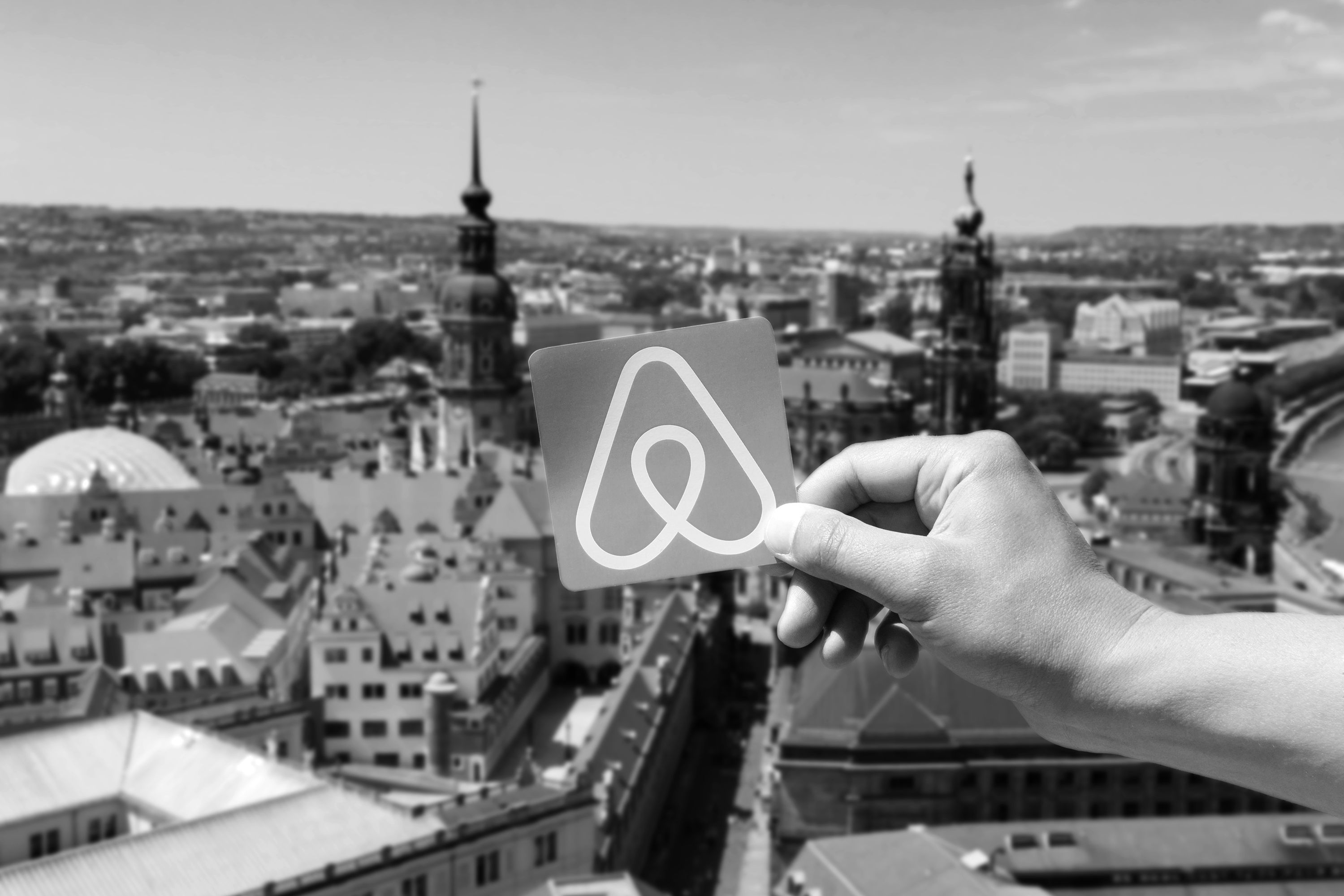As COVID-19 has caused major disruptions to the international travel industry, domestic, ‘staycations’ have become an increasingly attractive alternative. Airbnb has been a big winner from the pandemic, as it allows an easy and accessible way of marketing properties.
Since 2016, the number of active listings on Airbnb has increase from 76,000 to 257,000 in January 2020. Data also suggests that in the UK, there is 0.8 Airbnb listings for every 100 homes, with 66% of active listings for entire apartments. Private rooms – including a small number of conventional hotel rooms – made up about 33% of listings while less than 0.3% was for a shared room. With this increasingly popular trend, it is important to note that there are tax implications depending on the type of property being listed.
Airbnb hosting income is treated the same as any other income and therefore is taxable in the UK, however, there are a range of different reliefs which can be applied. You will not qualify for Rent-a-room Scheme in following cases:
- If the accommodation is not within your main residence where you live.
- If the property is unfurnished.
- If the letting is for business use
If you do not fall into any of the categories mentioned above, you will receive a tax-free allowance of £7,500 per year, which is based on gross rent receipts and not profits. Therefore, if your gross rents receipts are under £7,500 per tax year, you won’t need to pay any income tax. If you’re letting jointly (for example, with a partner or friend), then the allowance is split to £3,750 for each of you. It is important to note that you will still qualify for the scheme even if you don’t own the house or flat.
If your rent receipts exceed the allowance, then you have a choice of either deducting the £7,500 allowance or your expenses to work out the taxable profit. If your total expenses are larger than the allowance, then it may be best to use your expenses.
If you are listing a property on Airbnb which is separate to your main residence, you will not qualify for the £7,500 allowance. As a result, you’ll be taxed based on your profits at your relevant income tax rate.
The Majority of Buy-to-Let owners are likely to qualify for Furnished Holiday letting (FHL).
To be qualified for FHL you will need to meet the following conditions:
- The property must be available for letting as furnished holiday accommodation for at least 210 days in a tax year (or during the relevant 12-month period)
- The property should be let for at least 105 days in the year
- The property needs to be furnished.
There are some significant benefits under the FHL scheme compared to being a typical buy-to-let landlord. Firstly, Capital allowances will be applicable which will help reduce your tax bill, this is typically not allowed for buy-to-let landlords. Under the FHL scheme, any rental profits are
treated as, ‘Earned Income’ similar as any other self-employed income, whereas the typical rental income from the buy-to-let property will not qualify as
‘Earned Income’. The main advantage of this is that you will be able to make a bigger tax-free contribution to the pension scheme. Finally, if you meet the criteria, you can be eligible for Entrepreneurs relief or Rollover relief, this will help reduce your capital gains tax bill if the property is sold.
Please contact us, should you have any queries or need any assistance with this article.
Topics
Archive
- 2024
- March 2024 (1)
- January 2024 (1)
- 2023
- December 2023 (2)
- November 2023 (2)
- September 2023 (2)
- August 2023 (1)
- July 2023 (3)
- June 2023 (3)
- May 2023 (2)
- April 2023 (1)
- March 2023 (4)
- February 2023 (2)

